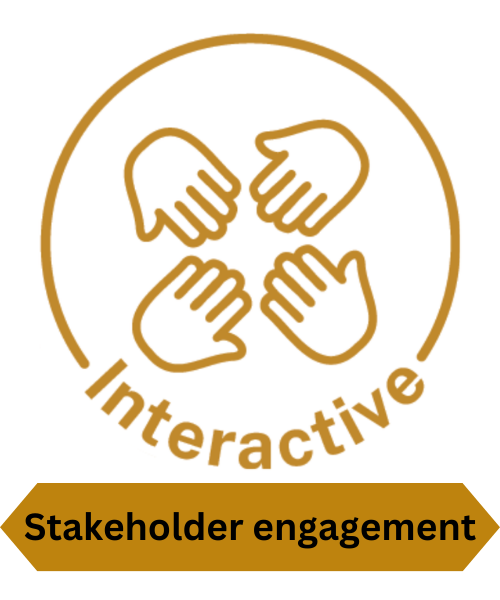- ANU Library
- LibGuides
- new production templates
- Transdisciplinary Problem Solving
- Stakeholder engagement (interactive)
 |
Stakeholder engagement is an aspect of the interactive characteristic of transdisciplinary problem solving (see ANU Framework for Transdisciplinary Problem Solving). It refers to garnering experience and expertise additional to that contributed by disciplinary experts. Stakeholder engagement is a convenient catch-all term covering the contributions that can be made by two major groups – those who live with the problem and those in a position to do something about the problem. |
The focus here is on stakeholders who live with the problem, who include community groups living in a contaminated area, patient groups affected by an illness, and Indigenous elders and communities with special knowledge about, and connection to, place. There is a wide range of such stakeholders, depending on the problem under consideration. Stakeholders in a position to do something about the problem are decision makers in government, business and civil society who can influence or enact policy and/or practice change. They are dealt with under research implementation.
Stakeholder engagement is often described using co-words, such as co-creation, co-production, co-design and co-innovation and these are included in the references provided, rather than being treated as subtopics. In addition, action research and community operational research involve specific types of stakeholder engagement and are also included in the references provided rather than as subtopics.
Engagement with Indigenous communities is an important aspect of stakeholder engagement and is dealt with as a subtopic.
Relevant materials on leadership, facilitation, effective meetings, negotiation and conflict resolution, and trust can be found under teamwork.
Page Contact: ANU Library
+61 2 6125 5111
The Australian National University, Canberra
TEQSA Provider ID: PRV12002 (Australian University) |
CRICOS Provider Code: 00120C |
ABN: 52 234 063 906
Contact ANU |
Copyright |
Disclaimer |
Privacy |
Freedom of Information

